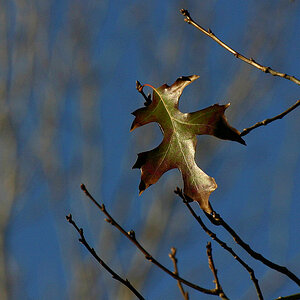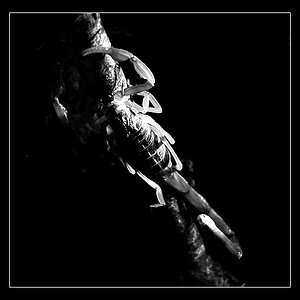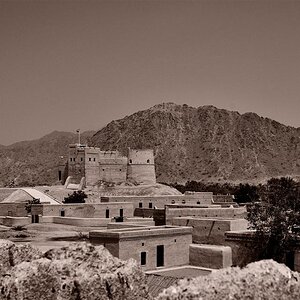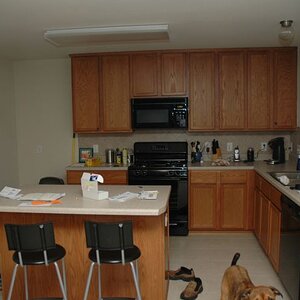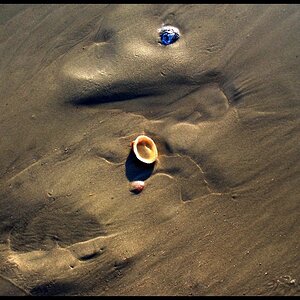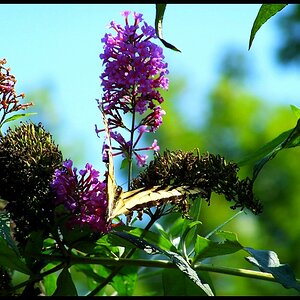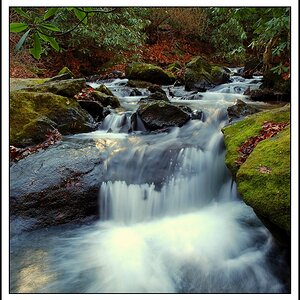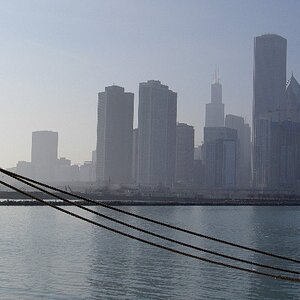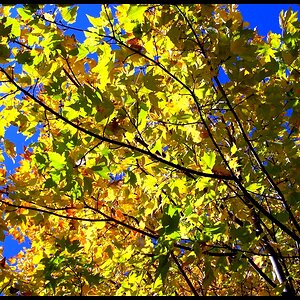inTempus
TPF Noob!
- Joined
- Dec 15, 2008
- Messages
- 3,692
- Reaction score
- 4
- Location
- Indiana
- Can others edit my Photos
- Photos OK to edit
I've noticed that I'm getting a lot of over exposure from the bight (non-cloudy) skies in my city shots lately. I've been trying to get some shots of the skyscrapers in downtown Chicago but it always seems no matter how hard I try I get blown out skies.
I assume I need a filter. If so, what filter do I need?
I assume I need a filter. If so, what filter do I need?


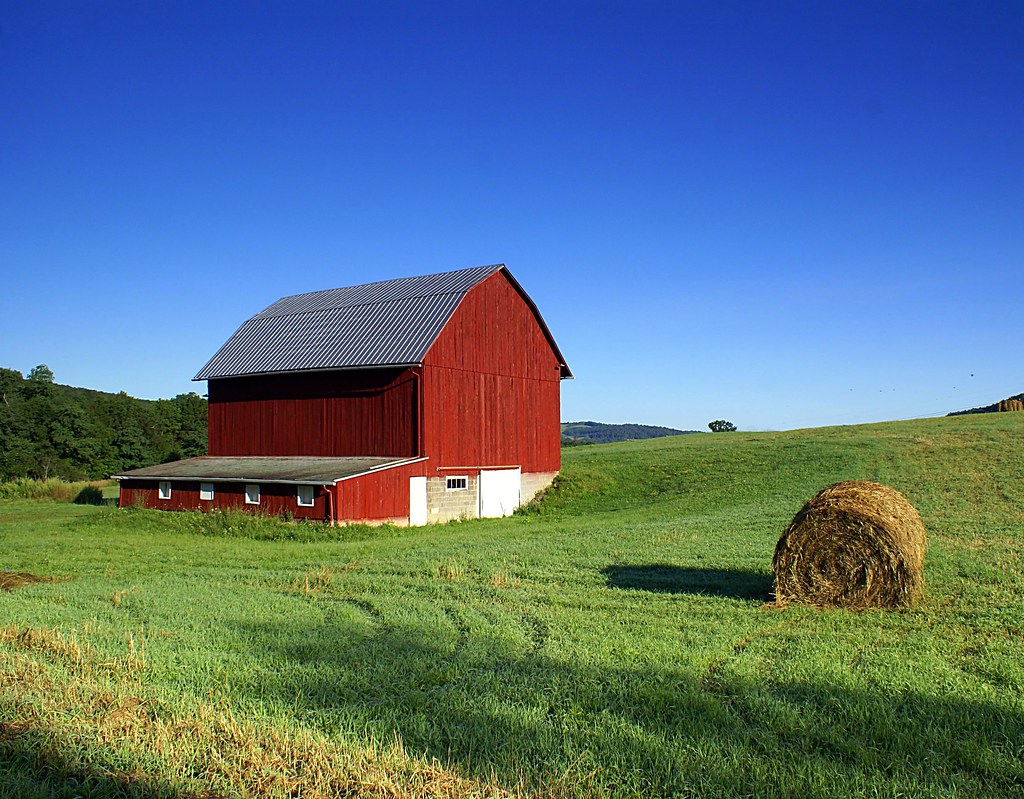
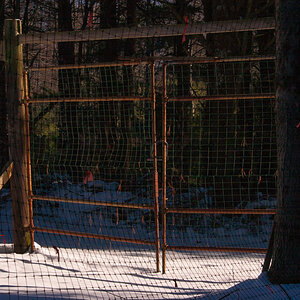
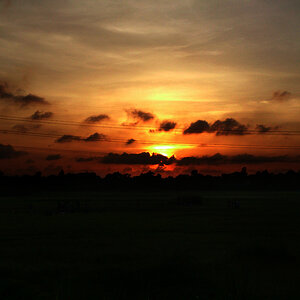
![[No title]](/data/xfmg/thumbnail/35/35264-5ade32b7036391926536661aeb7491c3.jpg?1619736969)
